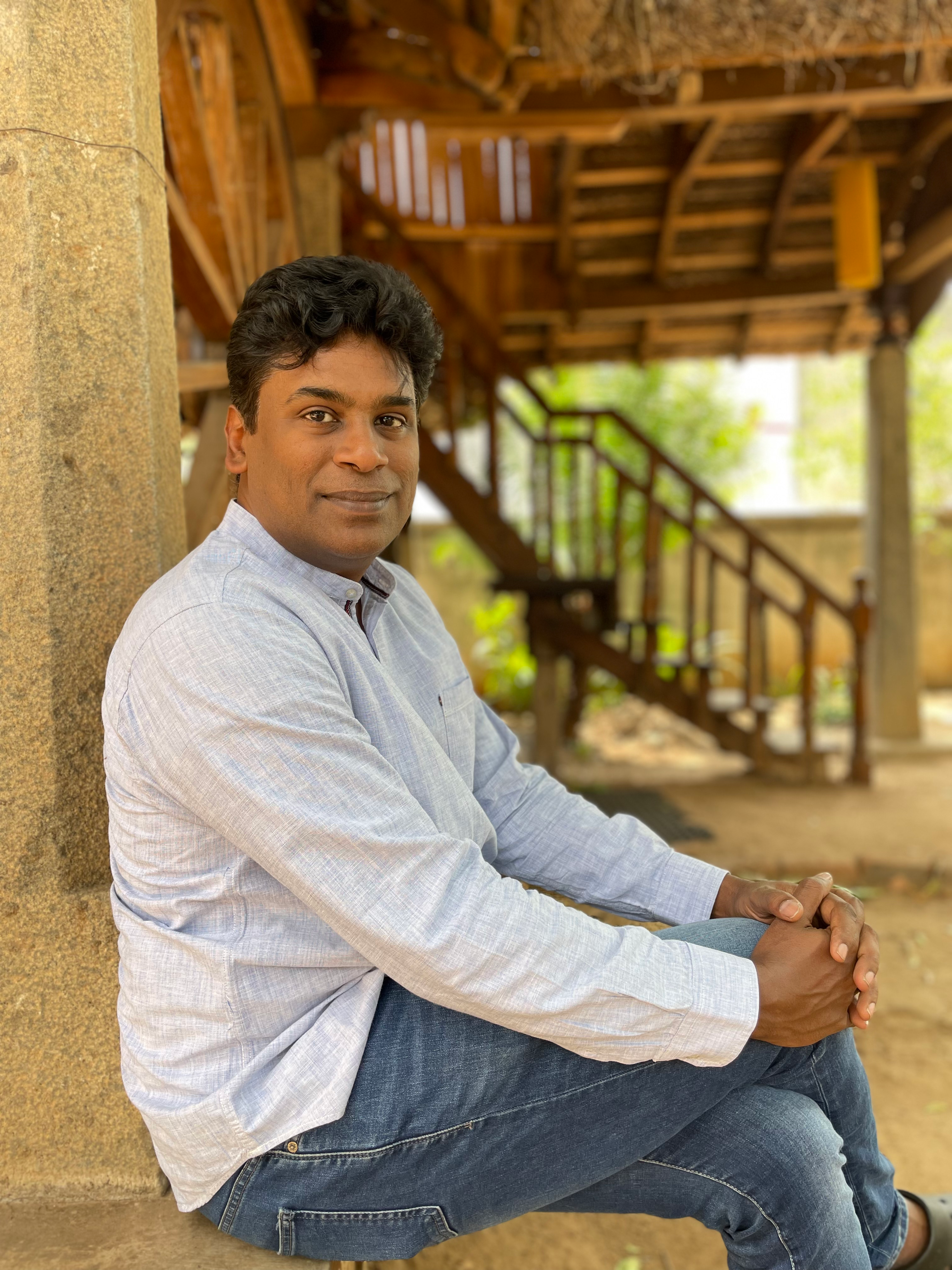When the Joke Undermines the Family: The Hidden Cost of Mocking Parents on Screen
- Citizen KK

- Jun 19
- 3 min read

Last night I watched Young Sheldon. It was funny. Well-written. Even heartwarming at times. But beneath the wit, something gnawed at me.
As with many modern shows, the laughs often come at the expense of the adults. The parents are overly religious, emotionally volatile, or just plain clueless. And Sheldon — the child — is framed as the voice of reason of course with some flaws for comedic relief.
We might brush this off as harmless comedy. But over time, what does it teach children?
Cultural Drift: From Reverence to Ridicule
Across today’s entertainment, there's a growing pattern: Children are portrayed as more enlightened than their parents — while the adults who care for them are framed as obstacles to freedom or growth.
This dynamic may entertain, but it quietly reshapes how children view authority — and more importantly, how they treat it.
A Pew Research Center study found that 66% of parents believe parenting is harder today than it was 20 years ago. Many cite screen exposure and cultural confusion as the key challenges. And they’re right to worry.
When Disrespect Boomerangs
What starts as mockery of others often becomes mockery of self. Here’s how:
- Children learn to laugh at authority to feel powerful.
- Over time, they begin to fear being vulnerable themselves — afraid they too will be laughed at.
- Some learn to mock others before they can be mocked, while others withdraw completely — both strategies aimed at self-protection rather than authentic expression.
Psychologists call this projection — deflecting inner fear by attacking it in others, or withdrawing entirely, while imagining the world is judging them just as harshly as they judge themselves.
This cultivates a generation that struggles with:
- Insecurity masked by sarcasm,
- Fear of failure dressed as cynicism,
- And emotional disconnection from those meant to protect them.
It’s not just theory.
- Over 50% of teens say their parents often ignore them due to phone use — a trend called “phubbing” that’s linked to emotional distance and behavioral problems.
- When parents are portrayed as clueless in media, and dismissed in life, kids begin to see all authority as undeserving of trust.
- Around 15% of teens experience cyberbullying — and those affected are twice as likely to self-harm.
The environment created by mockery — even comedic mockery — encourages performance, not authenticity.
So while kids may laugh at bumbling adults on screen, they quietly become afraid to be seen as anything less than perfect themselves. That’s not just unfortunate — that’s damaging.
And this is where storytelling must evolve.
What I Intend to Do About It
I’m not against humor. Or critique. Or even rebellion — when it’s honest and earned.
But we’re living in a time when mockery is cheap and widespread, and reverence is rare. So through Feel Good Films, I’m choosing a different path:
- To tell stories where parents aren’t perfect, but they are worthy of love.
- Where elders have wisdom — even if it comes with flaws.
- Where children can question without needing to ridicule.
- And where vulnerability is strength, not something to be laughed at.
Because I believe stories shape culture — gently, persistently, profoundly.
We don’t need propaganda. We need truthful beauty. Not scolding. But remembering.
A Simple Invitation — to Parents and to Kids
If you’re a parent, consider this: Watch with your children. Talk about what you see. Don’t just ask “What did you learn?” — ask “What did you feel?” Because feelings shape beliefs more than lectures ever will.
If you’re a young person, ask yourself: Is the show teaching me courage or sarcasm? Is it training me to grow — or to mock? And if you don’t like how adults are shown, don’t just laugh. Create better.
We all absorb what we watch. So let’s be conscious of what we let shape us.
Because behind every laugh, a value is being formed. Let’s make sure it’s one that honors, uplifts, and unites.


